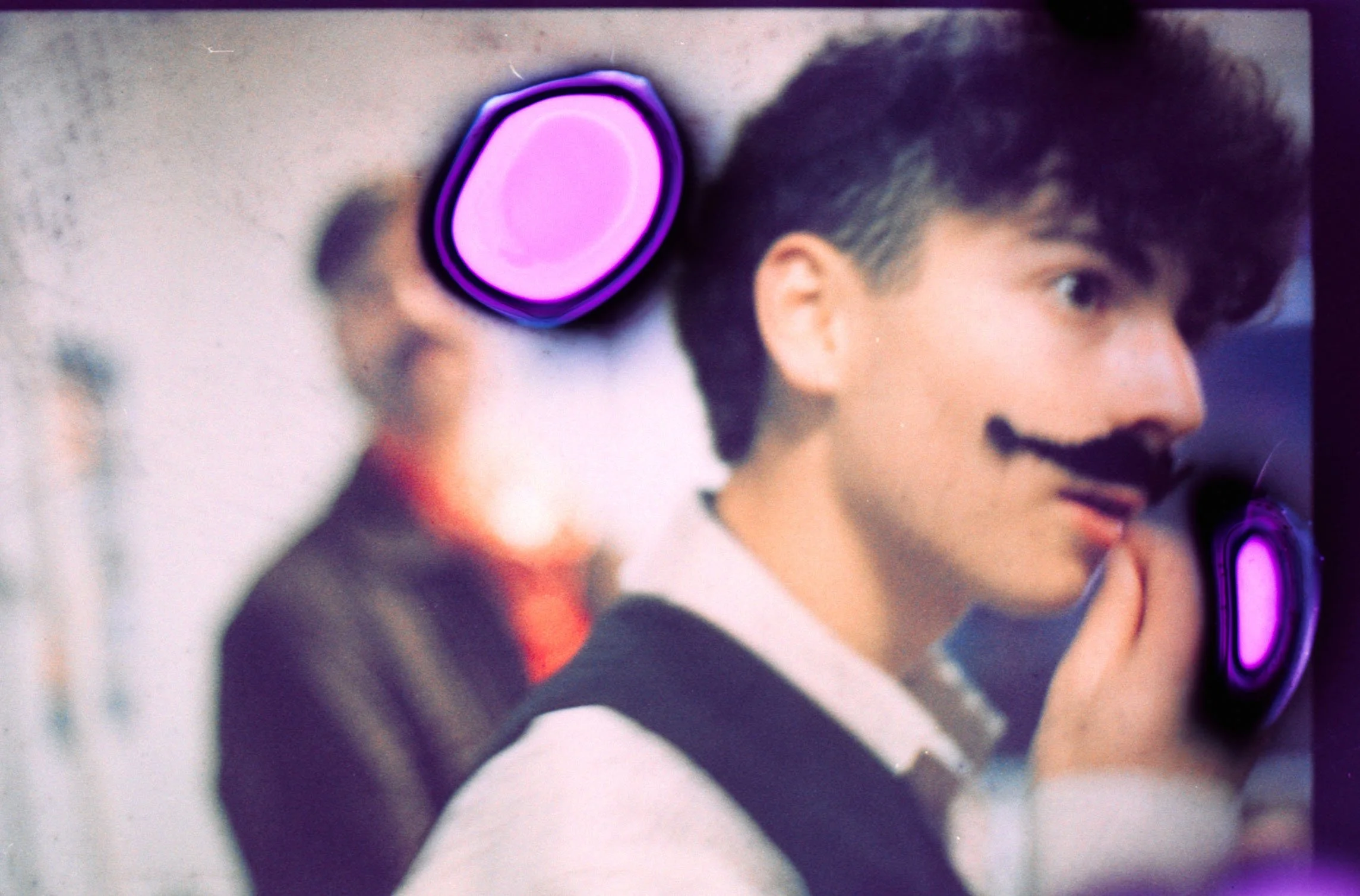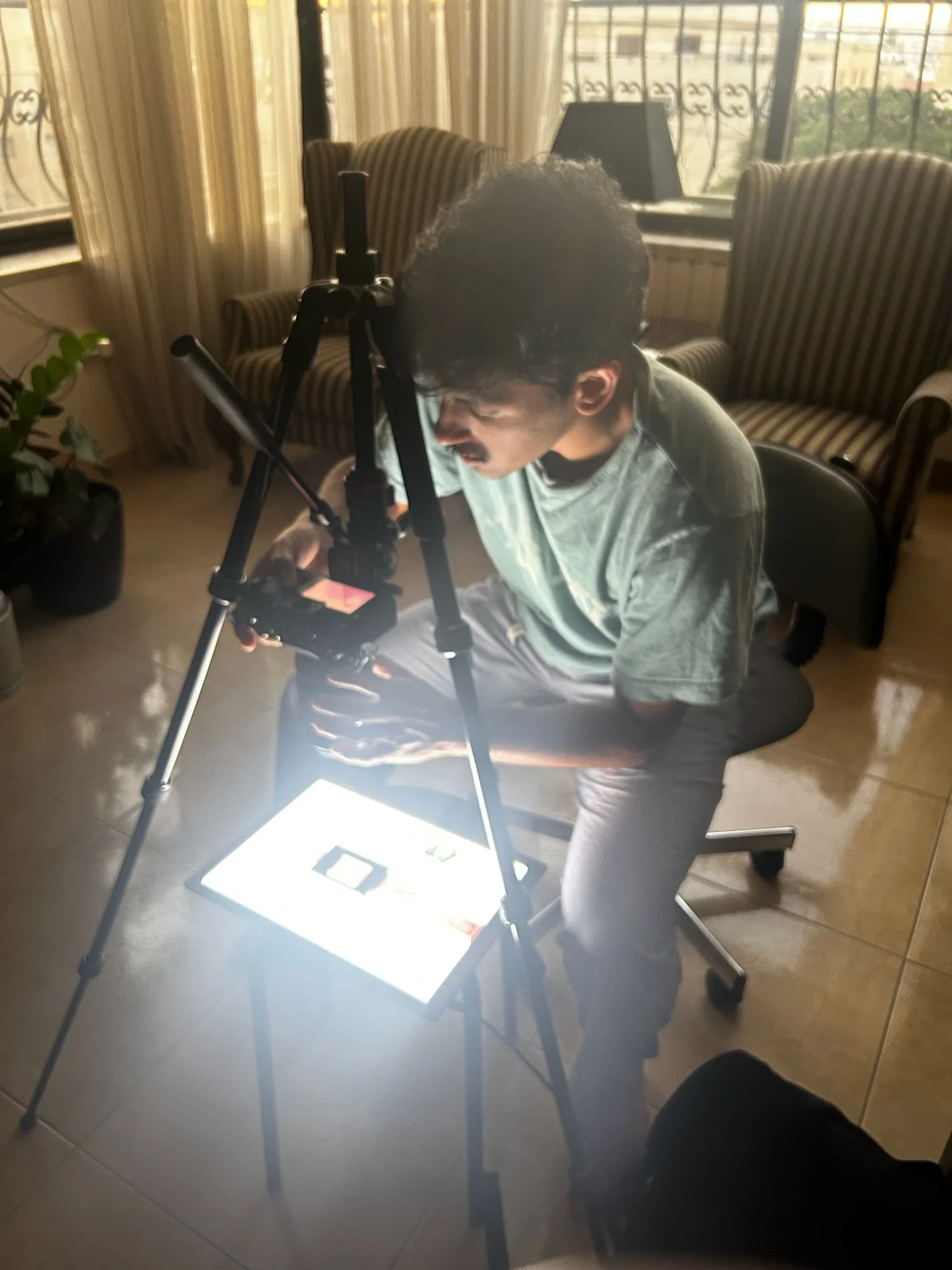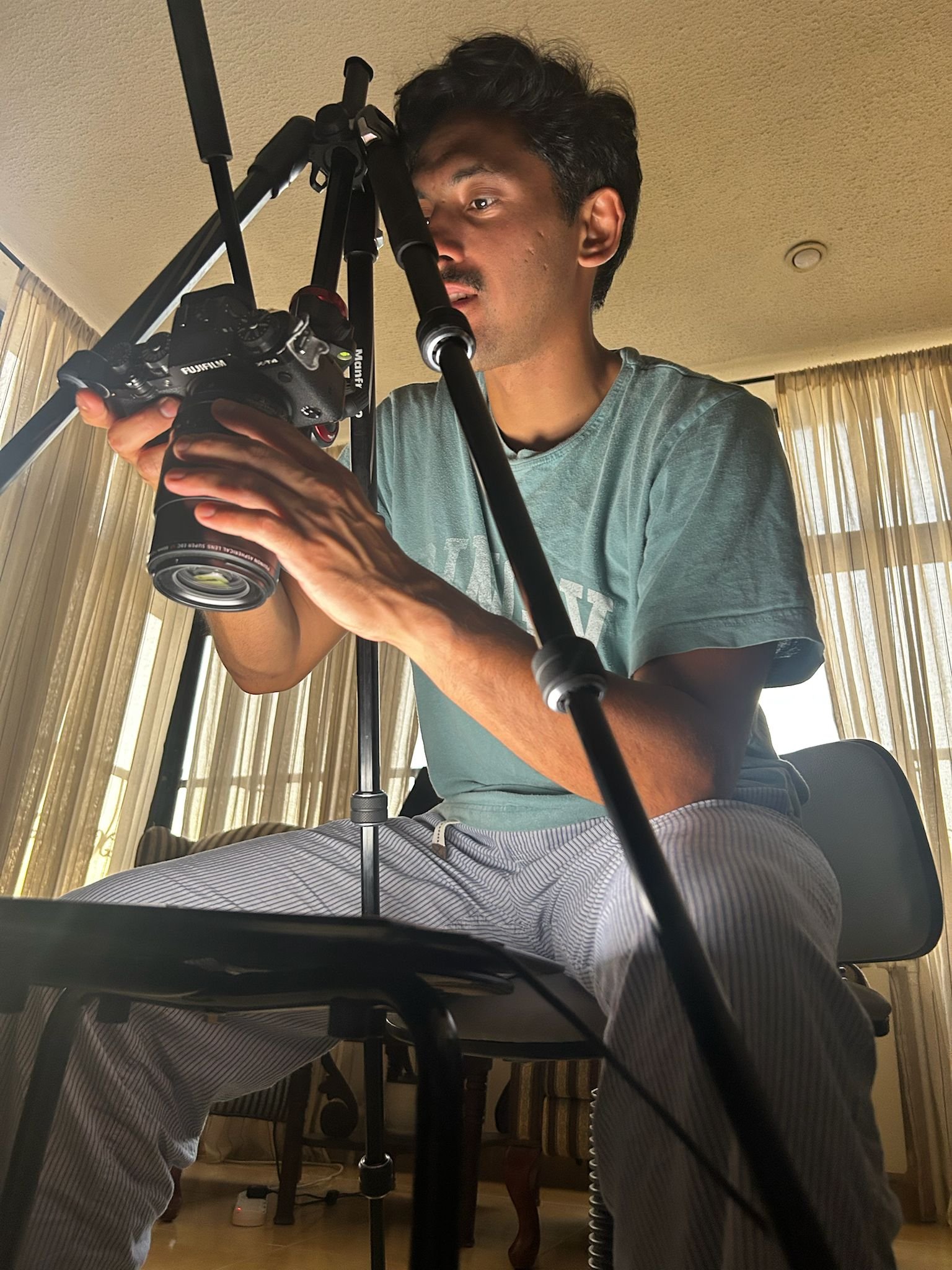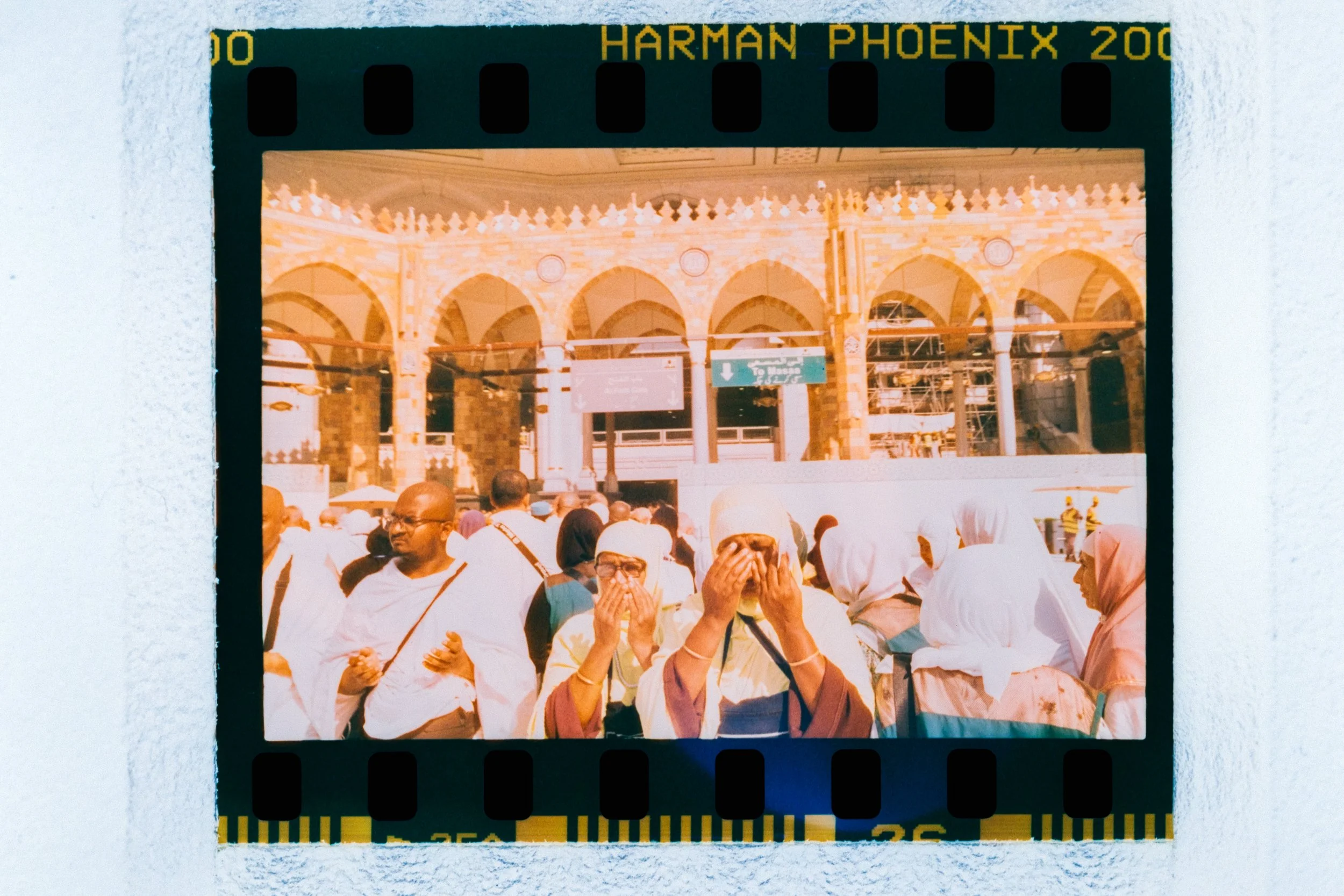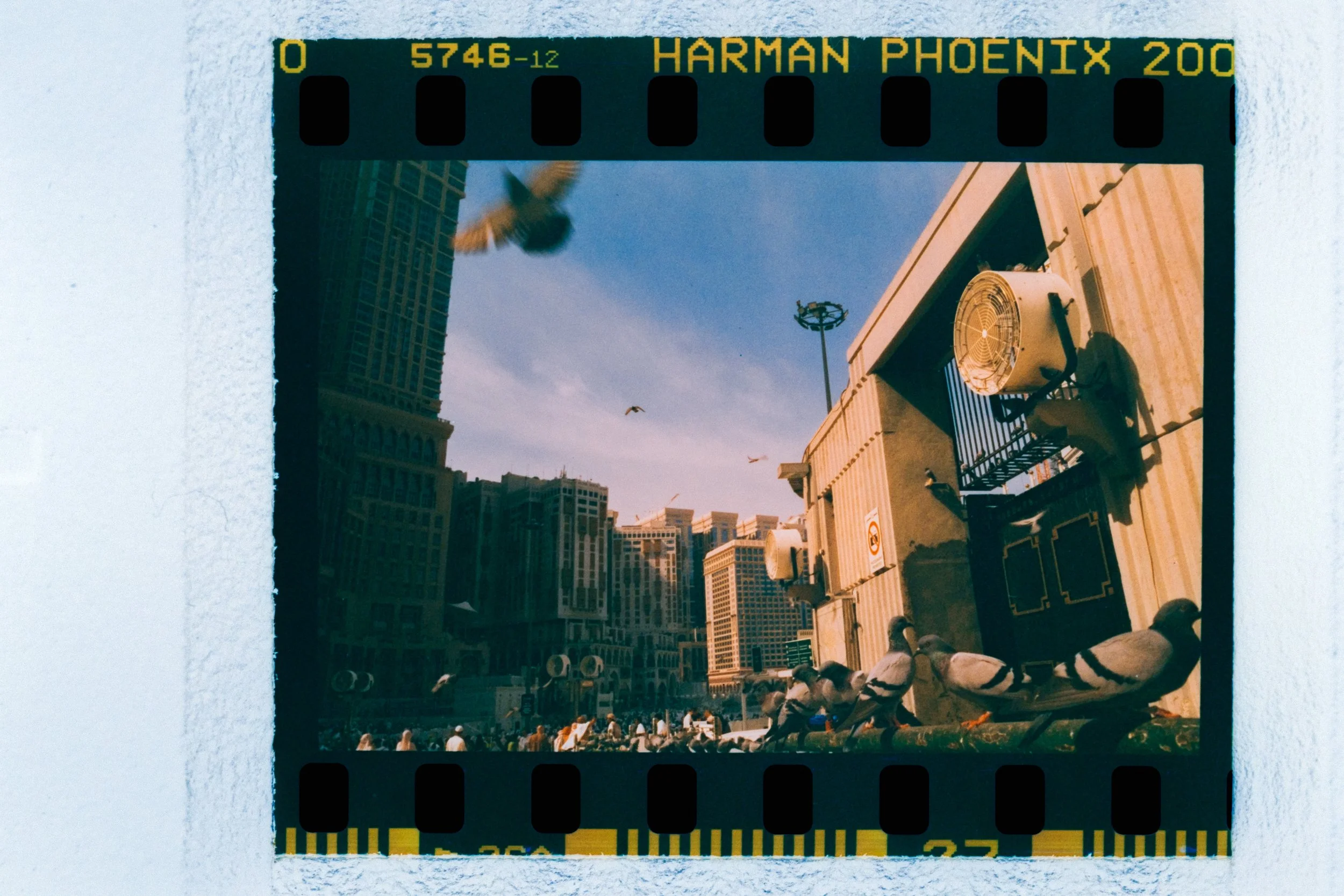analog photography - MAKING MISTAKES
I probably got one of the best deals in history. I purchased a mechanical film camera on eBay for $100 that came with all sorts of lenses, filters, and even a bag. The person selling was a photography professor at some university and was selling it for a reason I will never know. I assured him in my messages that I will take care of the camera like my own daughter.
Very proud of this camera already.
After purchasing the camera, I later understood that this camera was regarded as a mechanical tank, at the top of innovation at its time, and has beautiful and easily accessible lenses. It was made in 1973, often regarded as a semi-professional camera that is capable of punching more than its weight without breaking the bank. It costed $275 at the time, equivalent to around $1900 now.
While in Oregon seeing my sister I visited the Blue Moon Camera store in Portland, Oregon. I love their professionalism and their commitment to quality. I purchased the MC 28mm 2.8 from them. I found the metal build of the lens to be superior to the plastic lenses I had. Everything about this camera felt great.
For the past two years, I’ve learned how to develop my own photos and created a system to digitize them. Living in Jordan poses difficulties in terms of procurement of materials. No one sells developing chemicals, and purchasing a scanner is very expensive. So, over the years, I’ve been collecting film rolls from my trips to the US, and I brought over everything needed to develop at home, a small zipped up darkroom bag, developing tanks, thermometer, a light table, developing chemicals. And to digitize, I initially got a macro lens adapter with my original lenses, but the lenses were too wide to get close enough to the negatives, so I purchased a macro lens. I’ve tried several light tables and film holders, and I finally found two that work.
Some of my earliest work in 2015 and 2016 with my first camera ever:
My first time developing was in the US in 2024, I had a hard time rolling the film in the tank, which resulted in funky film, some of the film stuck to each other, others got bended and didn’t develop correctly. Bubbles were everywhere and colors went haywire. Those photos will forever be remembered as initial mistakes in developing, and the photos that gone will never be remembered, so no regrets with mistakes, really.
My second attempt at developing came about a year later. In that time I photographed a total of 20 films in both black and white. I have no recollection of what photos I took except a couple memorable rolls - like the photos I took in Mecca.
With all my gear prepared and ready, I worked slowly and carefully, making sure that I do not rush into mistakes.
Mistakes are often results of overlooking, being distracted, or focusing our attention to things we thought would be important. Mistakes are costly, but are valuable in the long run. It is usually from mistakes we learn our best lessons. Will you forget the time you fell off the bike, you didn’t consider a loved one in a decision, or missed a shot seconds before the last whistle? I certainly have not. We often connect and attach ourselves to our mistakes, sulking it regret and shame. It would be a valuable practice to remove ourselves from our mistakes, and to not fear making more of them. Roger Federer won about %50 of his shots over his entire career, Cristiano Ronaldo has missed critical shots. Those that we think as excellent have all made grave mistakes, and that is why we should make more of them.
With what I learned initially from my first rolls of development, I continued with confidence to develop 8 rolls of color film, paying attention to the temperature of the chemicals and making sure not to spill. After that I took my camera and tripod to photograph my negatives.
Is the process time consuming? Yes. Is it equally rewarding? Yes.
Perhaps we have lost something when we went to digital. These photos carry weight, and they are physically imprinted in life. I find this even more important when it comes to matters of existence and resistance. I find it resistance in the process itself. The negatives you took are real, physical. Nothing can work against that.
I look forward to continuing on this journey. Despite the fact that I have to climb a mountain working in this medium in Jordan, I am finding much reward in it.











